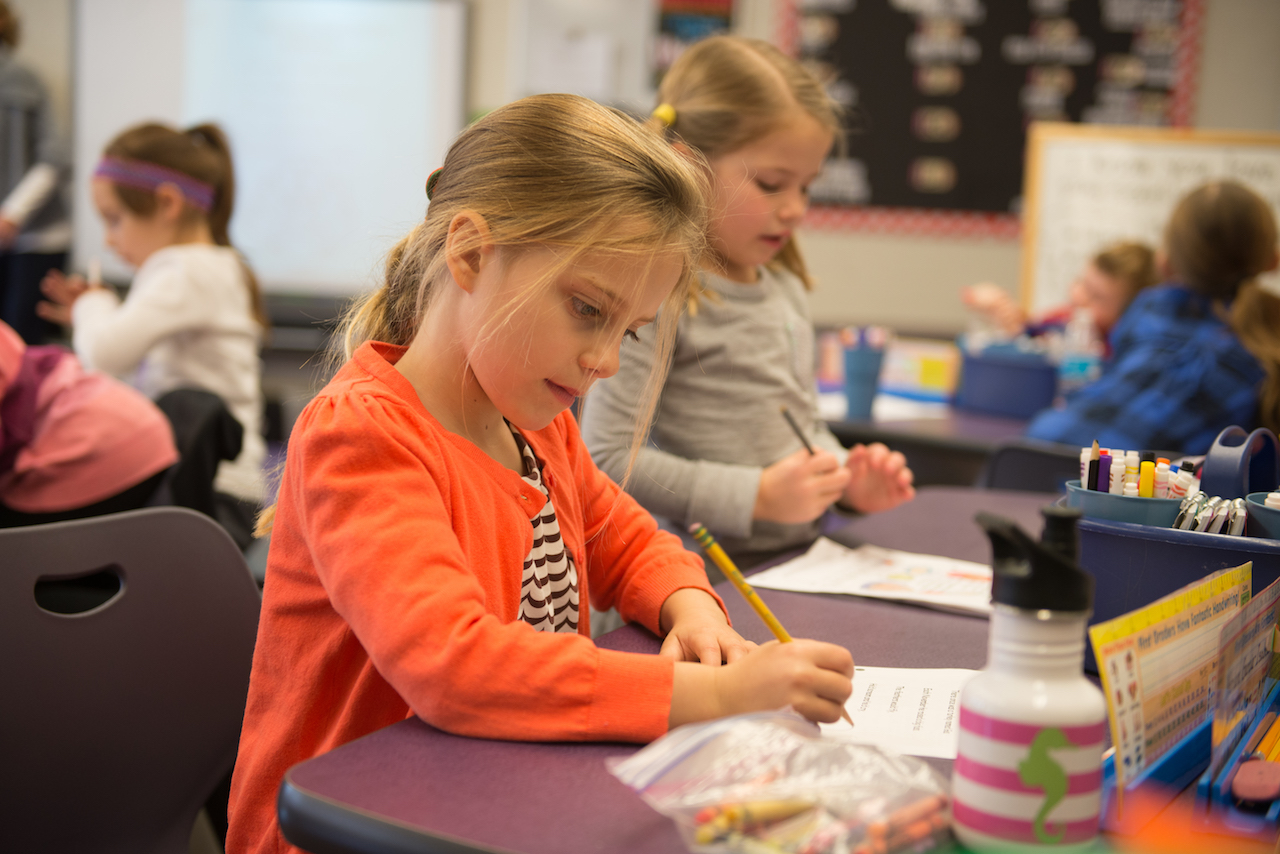Below are resources for early childhood professionals and those serving the early childhood community.
Building our Future: Supporting Community-Based Early Childhood Initiatives Early experiences set the foundation for life-long health, yet the well-being of many U.S. children is poor. Child Trends, with the Robert Wood Johnson Foundation and the George Kaiser Family Foundation, brought together practitioners, policymakers, business leaders, researchers, and philanthropists to figure out what makes for a successful community-based early childhood initiative aimed at improving that well-being. Here’s what we heard.
EL Mid-Atlantic report series on implementing social and emotional learning programs in early childhood This REL Mid-Atlantic report series summarizes the research literature on social and emotional learning (SEL) and provides practical information for educators and policymakers who want to implement SEL programs.
Video series: Pieces of the Puzzle: Understanding the Early Childhood System Visit the Partner Plan Act website to view each of the two minute videos and to download the accompanying fact sheets. The videos and fact sheets are available in English and Spanish.
ZERO TO THREE released a report Early Childhood Mental Health Consultation: Policies and Practices to Foster the Social-Emotional Development of Young Children looking at early childhood mental health consultation as a strategy to help young children and families.
PK–3: What Does It Mean for Instruction? “PK–3” has become a rallying cry among many developmental scientists and educators. A central component of this movement is alignment between preschool and the early elementary grades. Many districts have made policy changes designed to promote continuity in children’s educational experiences as they progress from preschool through third grade—to provide children with a seamless education that will sustain the gains made in preschool and lead to better developmental and learning outcomes overall. This report proposes a conceptualization of productive continuity in academic instruction, as well as in the social climate and classroom management practices that might affect children’s social-emotional development.
Unlocking ESSA’s Potential To Support Early Learning In December 2015, Congress reauthorized the Elementary and Secondary Education Act, replacing No Child Left Behind with the Every Student Succeeds Act (ESSA). This latest iteration of the law brings new attention to children’s earliest years. In this new paper, New America and the BUILD Initiative offer an introduction to ESSA and explore major provisions that have implications for our nation’s youngest learners. We zoom in on what we think are key opportunities for state and local early childhood leaders and we provide some practical ideas about coalition building and systems development related to ESSA and the education system generally.
Early Development Instrument (EDI) Erikson Institute is pleased to launch the second phase of a statewide pilot project featuring the implementation of the Early Development Instrument (EDI) with a request for participation (RFP) from community coalitions/collaborations and/or school districts across Illinois. The EDI has been used throughout Canada and Australia for over a decade as a tool to help communities measure the development of young children by neighborhood and advocate for effective early childhood policies, systems and resource alignment. Learn more about the EDI pilot project on our webpage and applicant eligibility through reviewing the RFP. Up to four pilot communities will be selected through an application process ending on Monday, April 10, 2017. Find the application here and join one of two webinar information sessions scheduled from noon-1 p.m. Tuesday, March 14, or 11 a.m.-noon Thursday, March 16.

